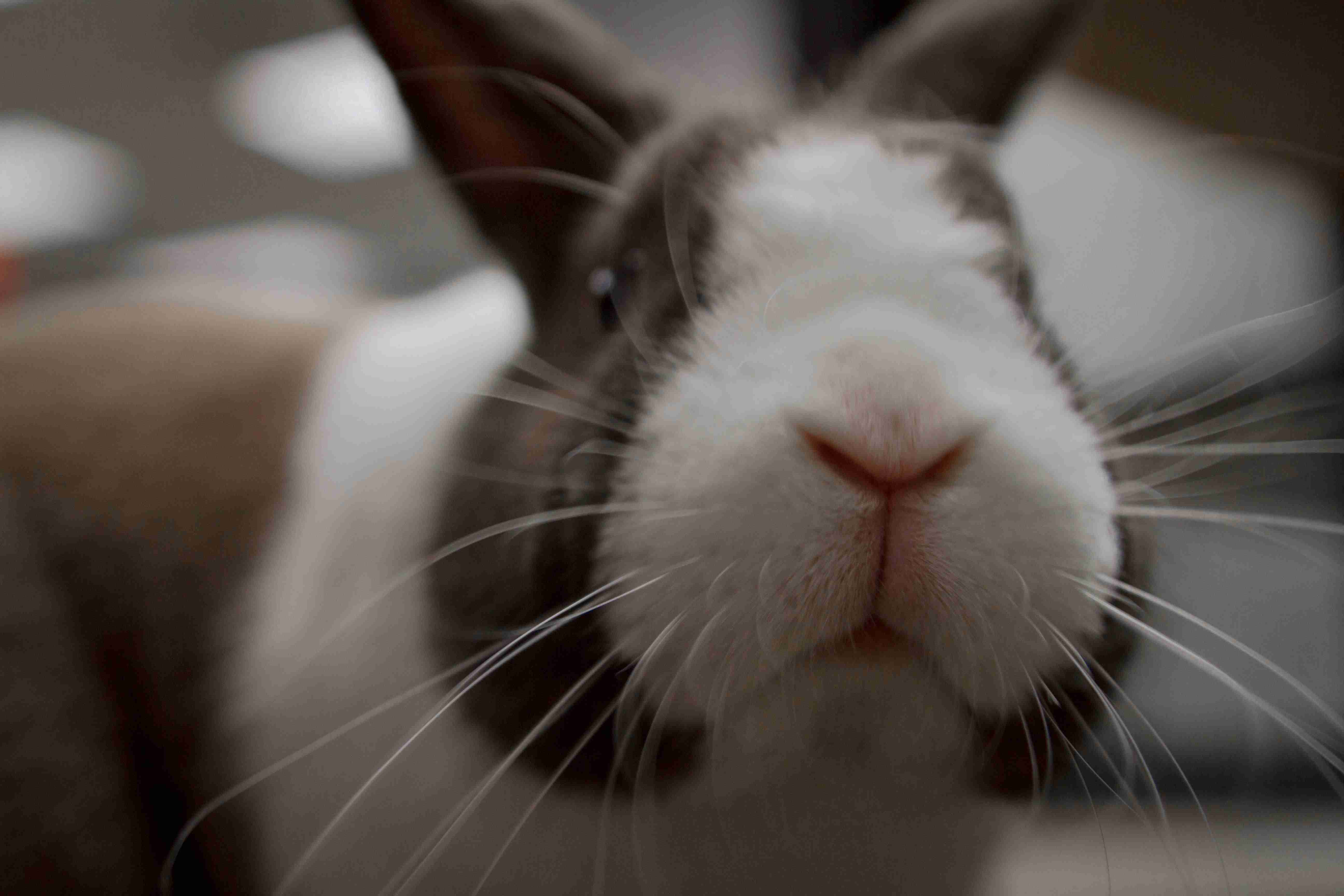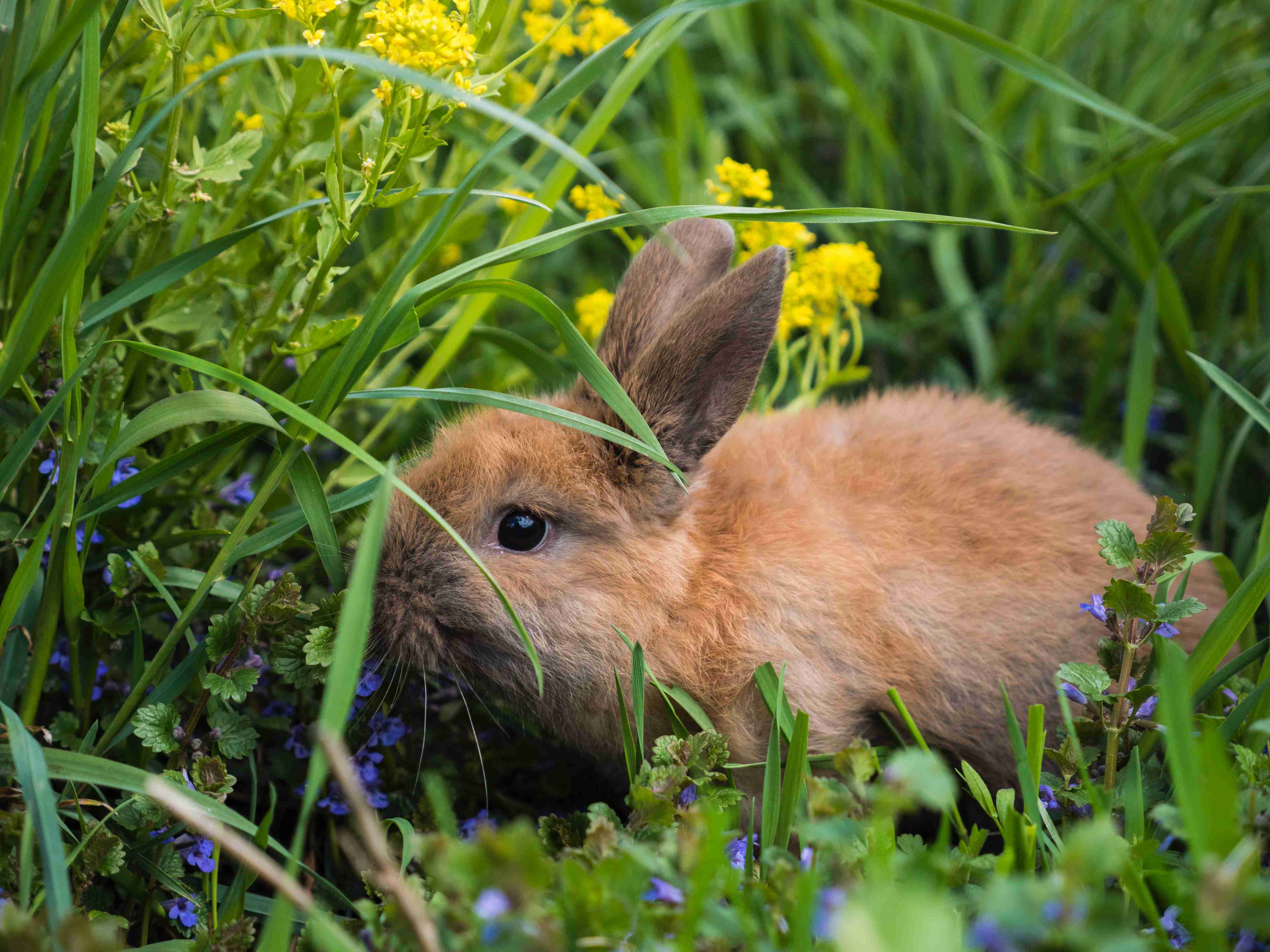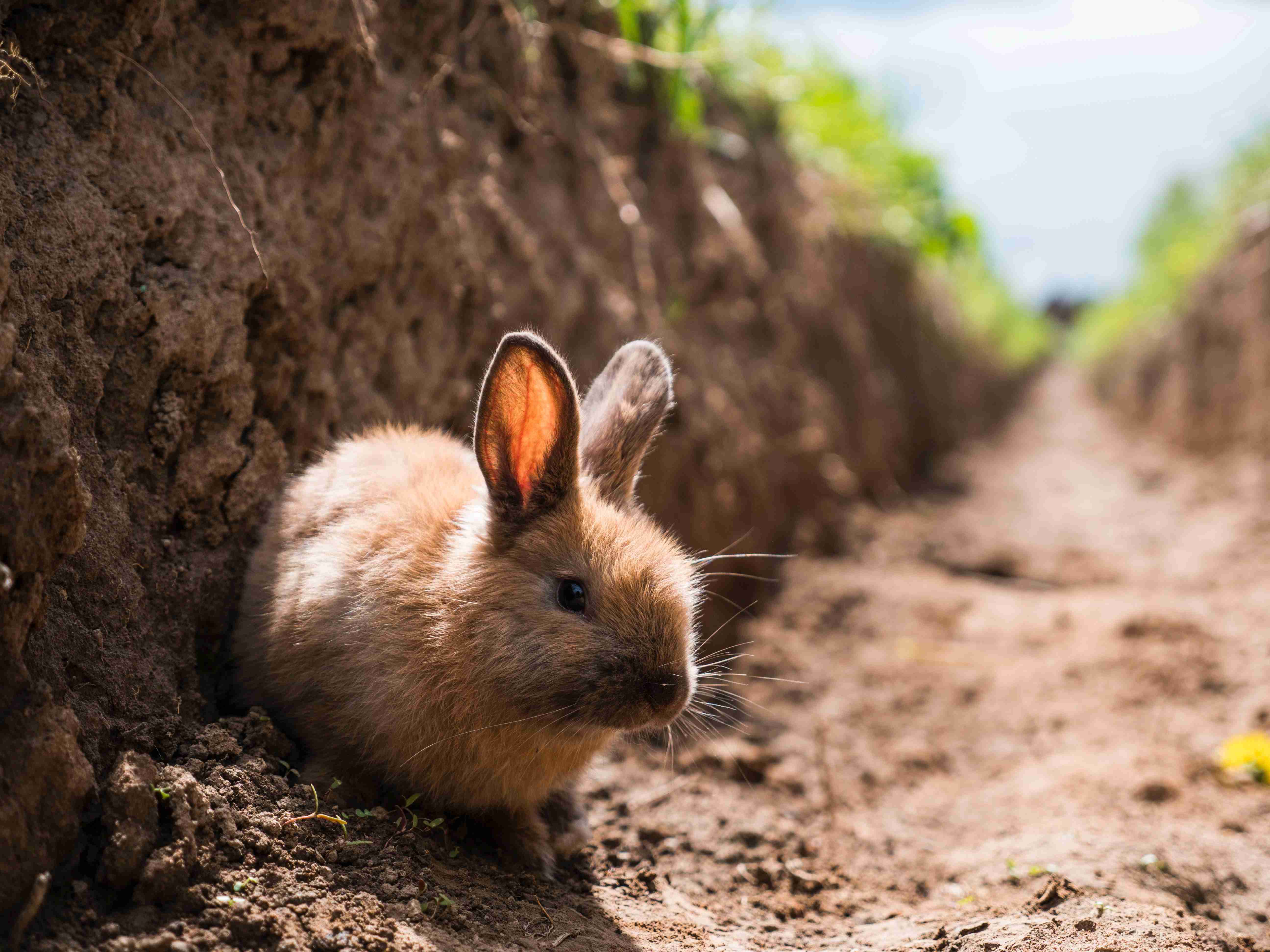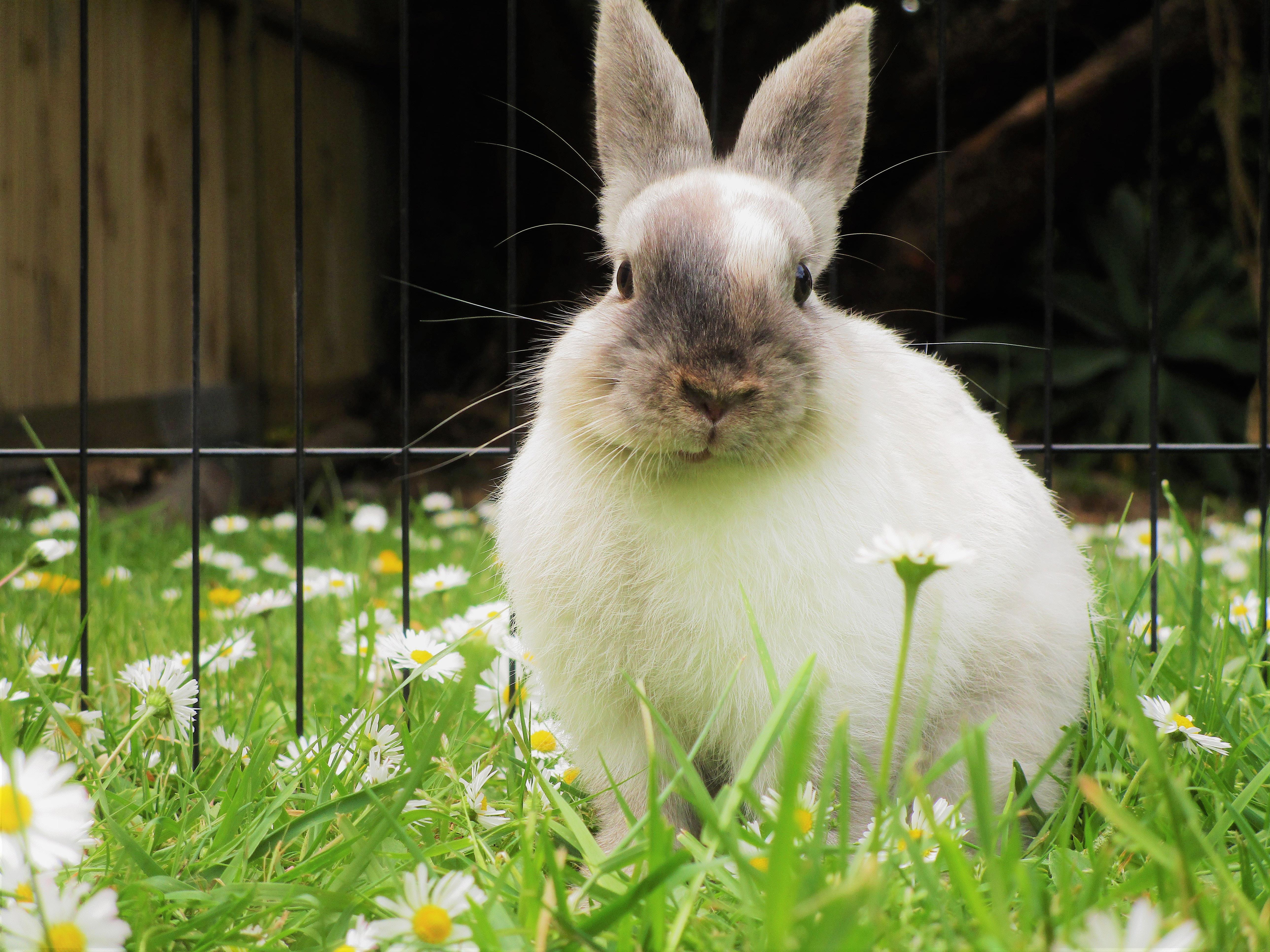Rabbits are adorable creatures that make wonderful pets. They are gentle, affectionate, and can be trained to use litter boxes. However, just like any other living being, they need proper care and attention, especially when it comes to their diet. Overeating is a common issue among rabbits, and it can lead to serious health problems such as obesity, gastrointestinal issues, and dental issues. As a responsible rabbit owner, it’s important to understand the causes of overeating and what you can do to prevent it. In this blog post, we’ll discuss some tips and tricks for preventing overeating in your furry friends.
Rabbits can be notorious for overeating. Unlike other animals, rabbits have a unique digestive system that requires them to eat constantly. While this may seem like an advantage, it can actually be quite dangerous for their health if they overeat. As a responsible pet owner, it is important to ensure that your furry friend does not overeat, which can lead to various health problems such as obesity, gastrointestinal stasis, and dental issues. In this blog post, we’ll discuss some tips for preventing overeating in your furry friend.
1. Control Your Rabbit’s Diet
The first step in preventing overeating in your rabbit is to control their diet. You should feed your rabbit a balanced diet that includes hay, fresh vegetables, and a limited amount of pellets. The amount of pellets should be limited to around 1/8 to 1/4 cup per day depending on the size of your rabbit. Avoid giving your rabbit too many treats or sugary foods, as this can lead to overeating.
2. Schedule Feeding Times
Rabbits are creatures of habit and thrive on routine. Schedule feeding times for your rabbit and stick to the schedule. This will help your rabbit establish a routine and prevent them from overeating. You should also ensure that your rabbit has access to fresh water at all times.
3. Monitor Your Rabbit’s Weight
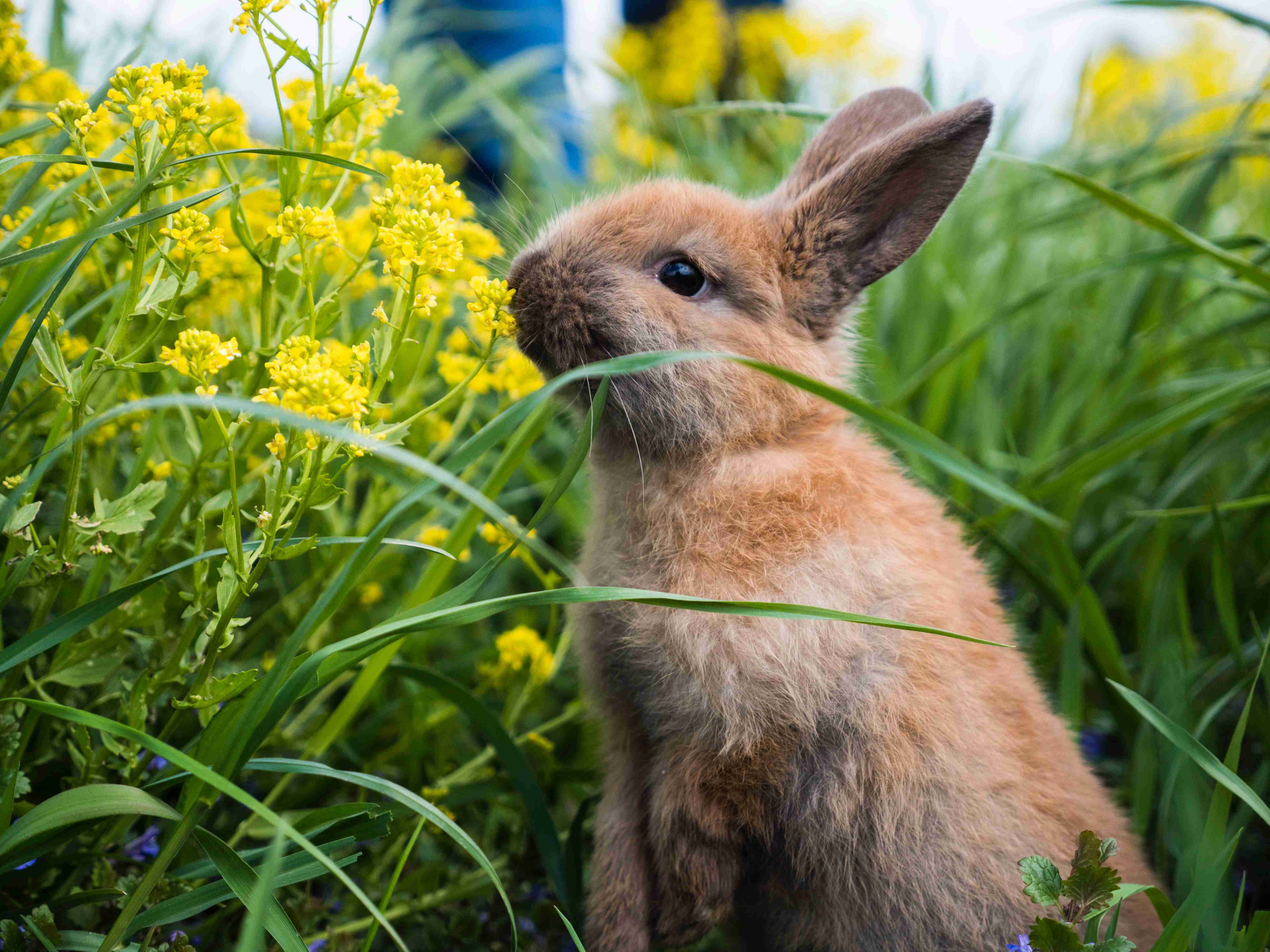
Regularly monitoring your rabbit’s weight is an important part of preventing overeating. You can do this by weighing your rabbit every few weeks and tracking their weight in a journal or spreadsheet. If your rabbit is gaining weight too quickly, you may need to adjust their diet or feeding schedule.
4. Provide Plenty of Exercise
Exercise is critical for rabbits to maintain a healthy weight and prevent overeating. You should provide your rabbit with plenty of space to run and play, and provide them with toys and activities to keep them entertained. You can also take your rabbit for walks on a leash or provide them with a playpen to explore.
5. Offer Hay Throughout the Day
Hay is an essential part of a rabbit’s diet and should be available to them throughout the day. Rabbits need to constantly chew on hay to keep their digestive system healthy. Offering hay throughout the day will also help prevent overeating by keeping your rabbit full and satisfied.
Overall, preventing overeating in your rabbit is essential for their health and well-being. By controlling your rabbit’s diet, scheduling feeding times, monitoring their weight, providing plenty of exercise, and offering hay throughout the day, you can help prevent overeating and keep your furry friend healthy and happy.
In conclusion, rabbits are adorable and loving pets, but overeating can lead to serious health issues. As a responsible pet owner, it’s important to keep an eye on your rabbit’s diet and eating habits. By following the tips mentioned in this post, you can ensure that your furry friend stays healthy and happy. Remember to provide a balanced diet, plenty of exercise, and a safe environment for your rabbit. With the right care and attention, your rabbit will thrive and be a beloved member of your family for years to come.


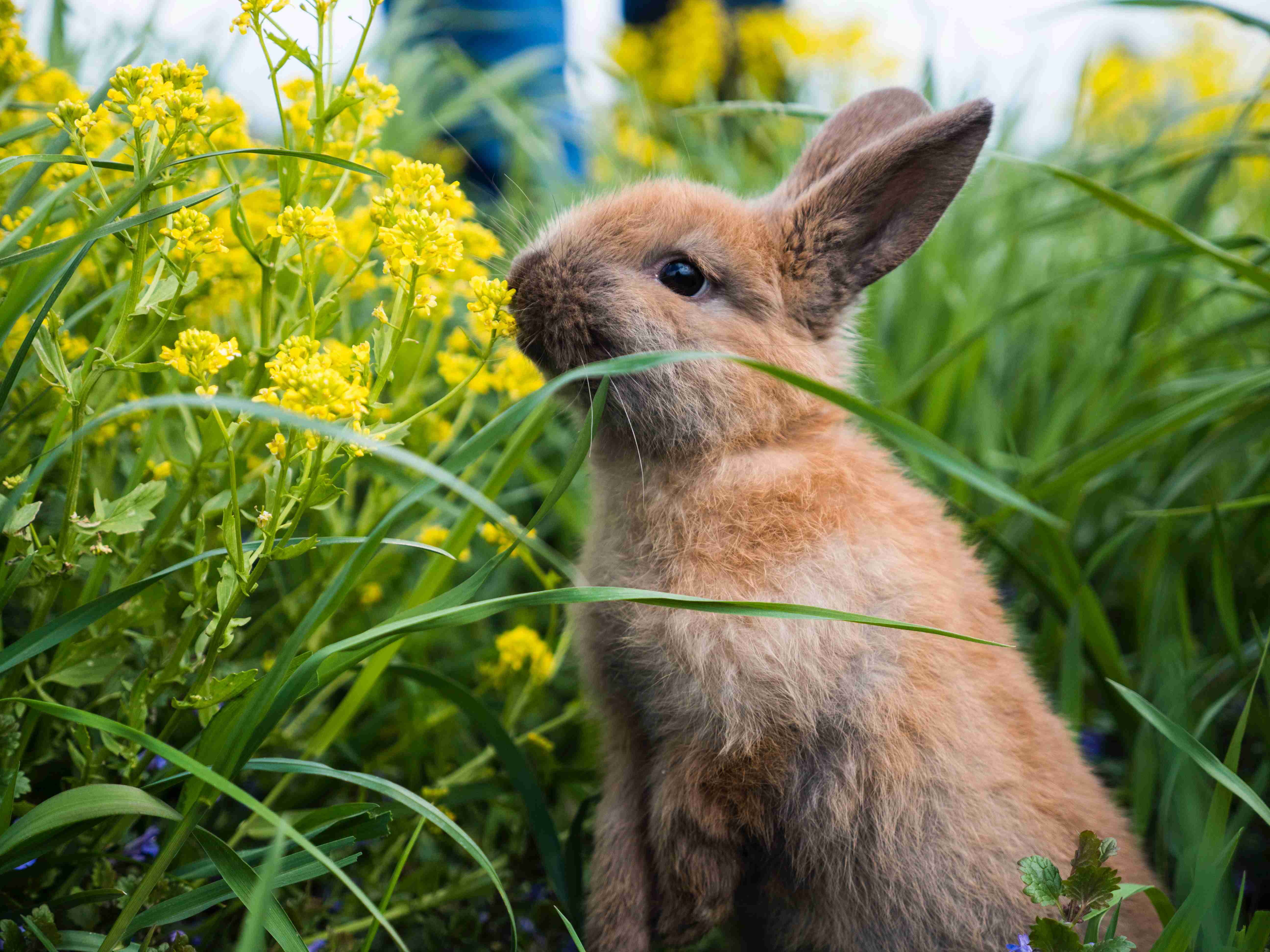
.jpg)
